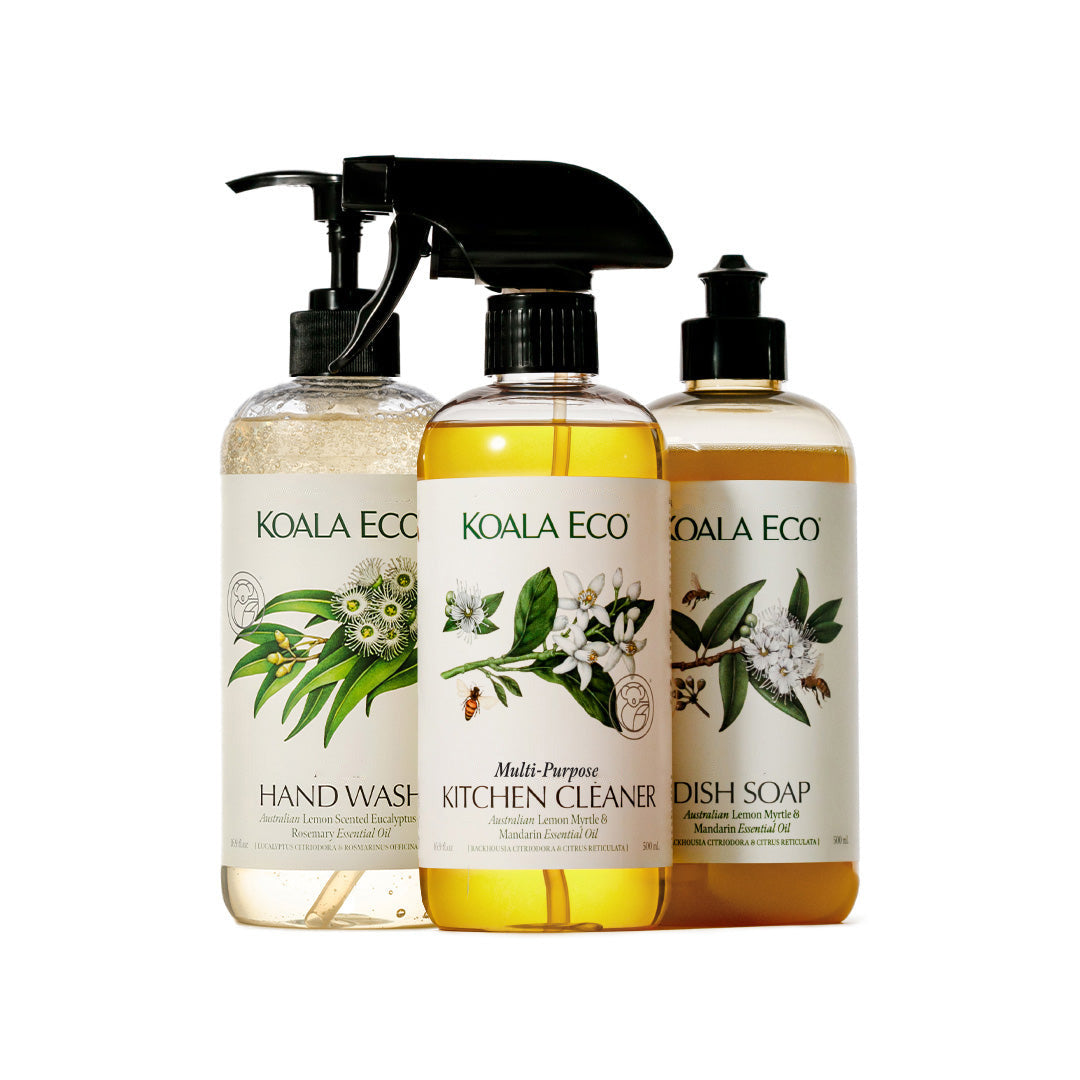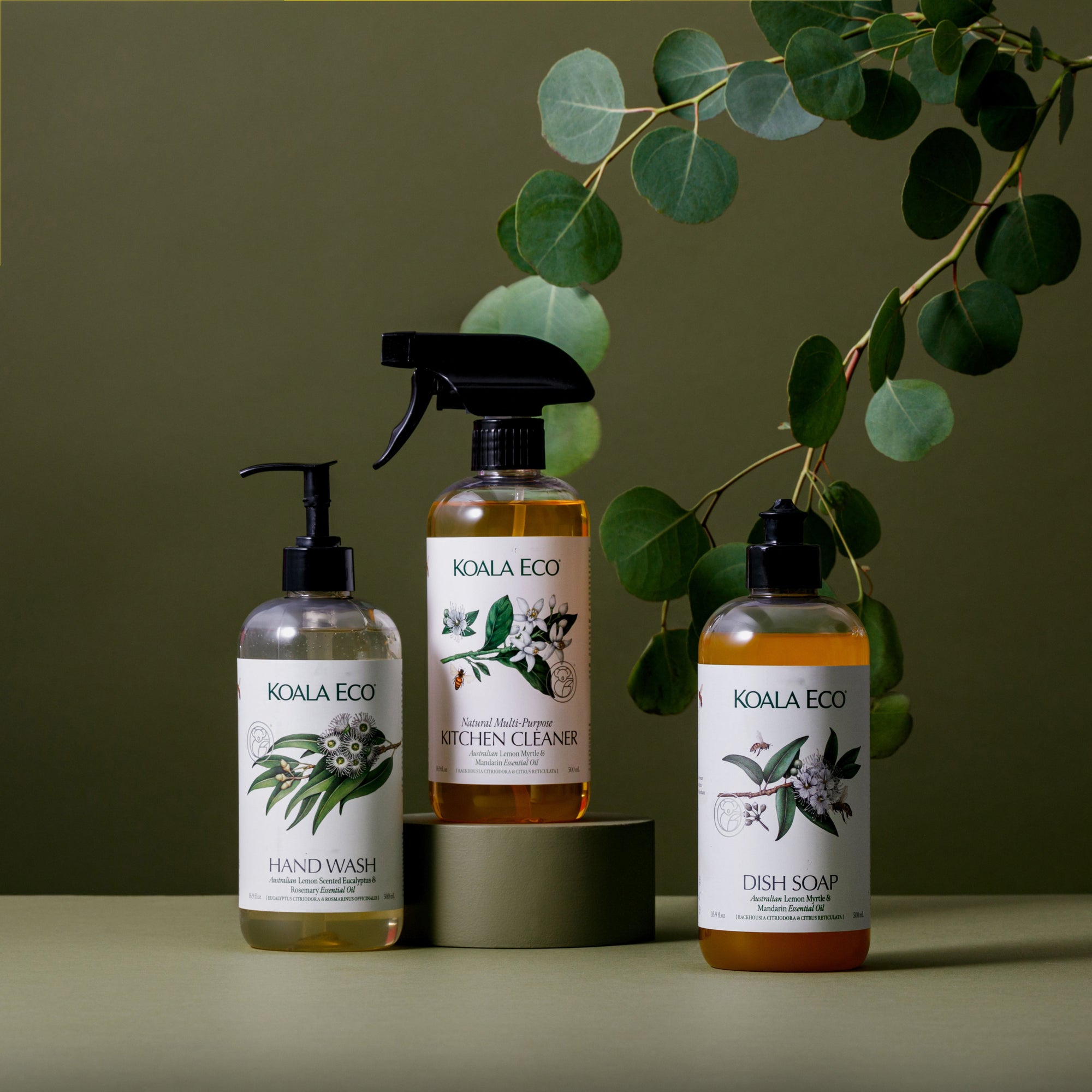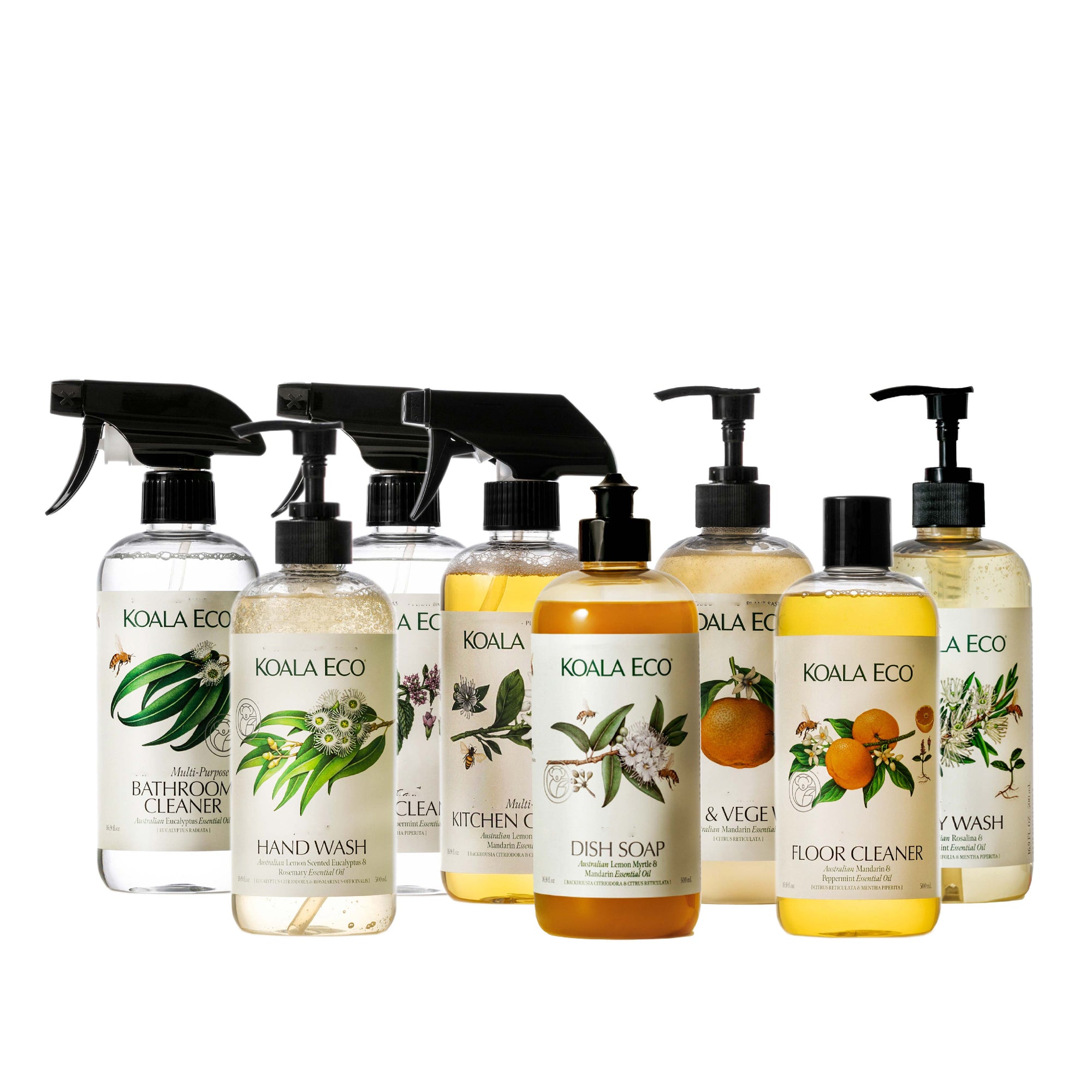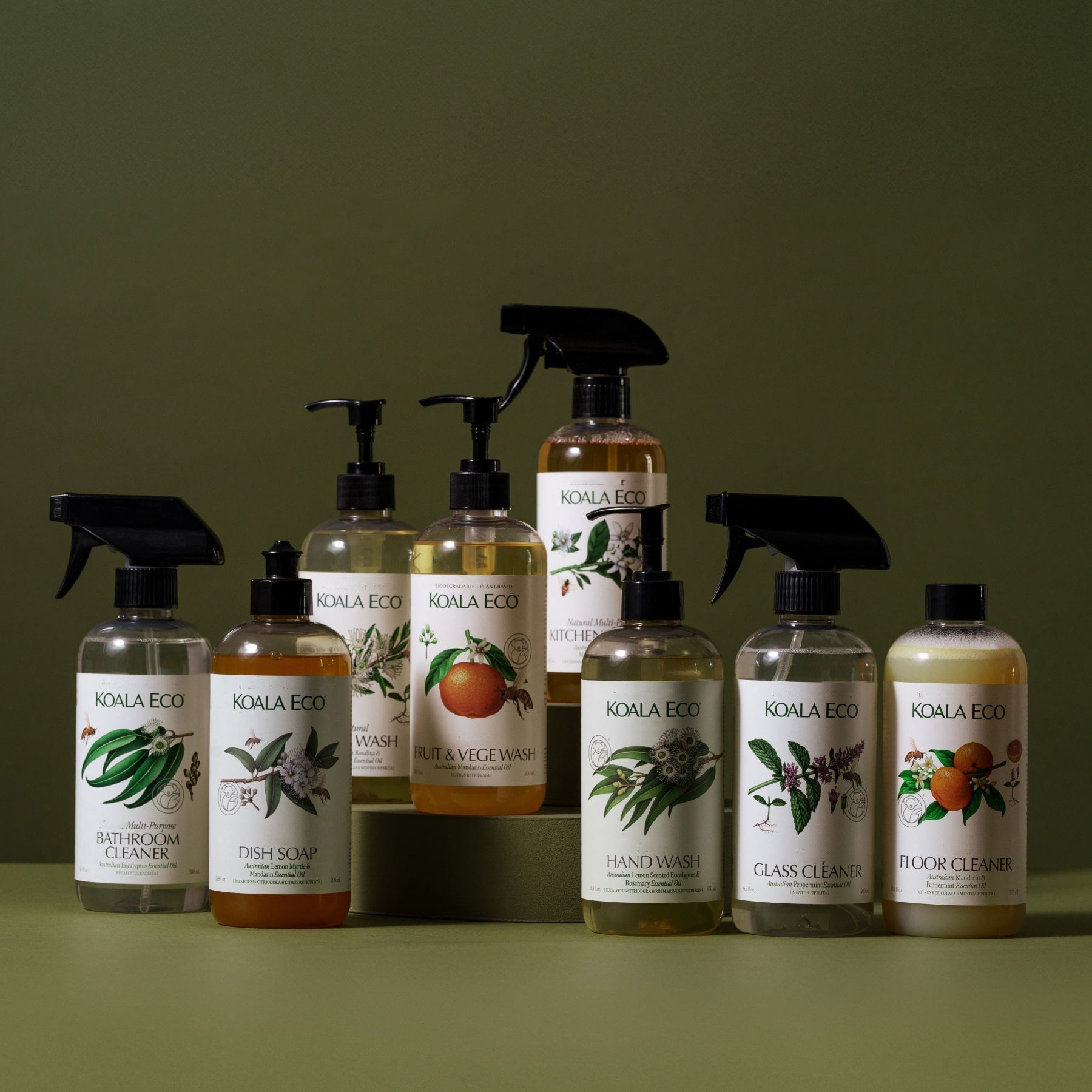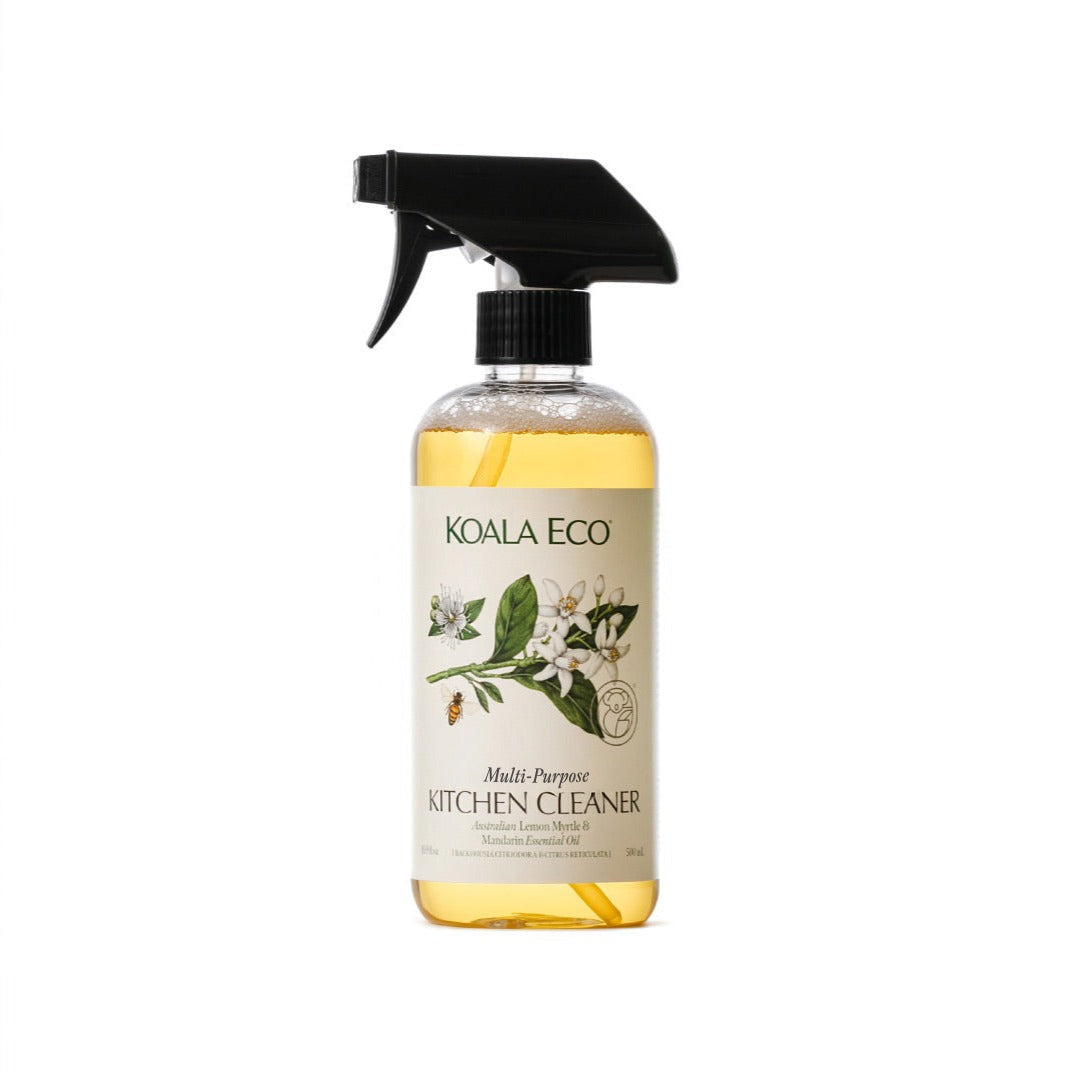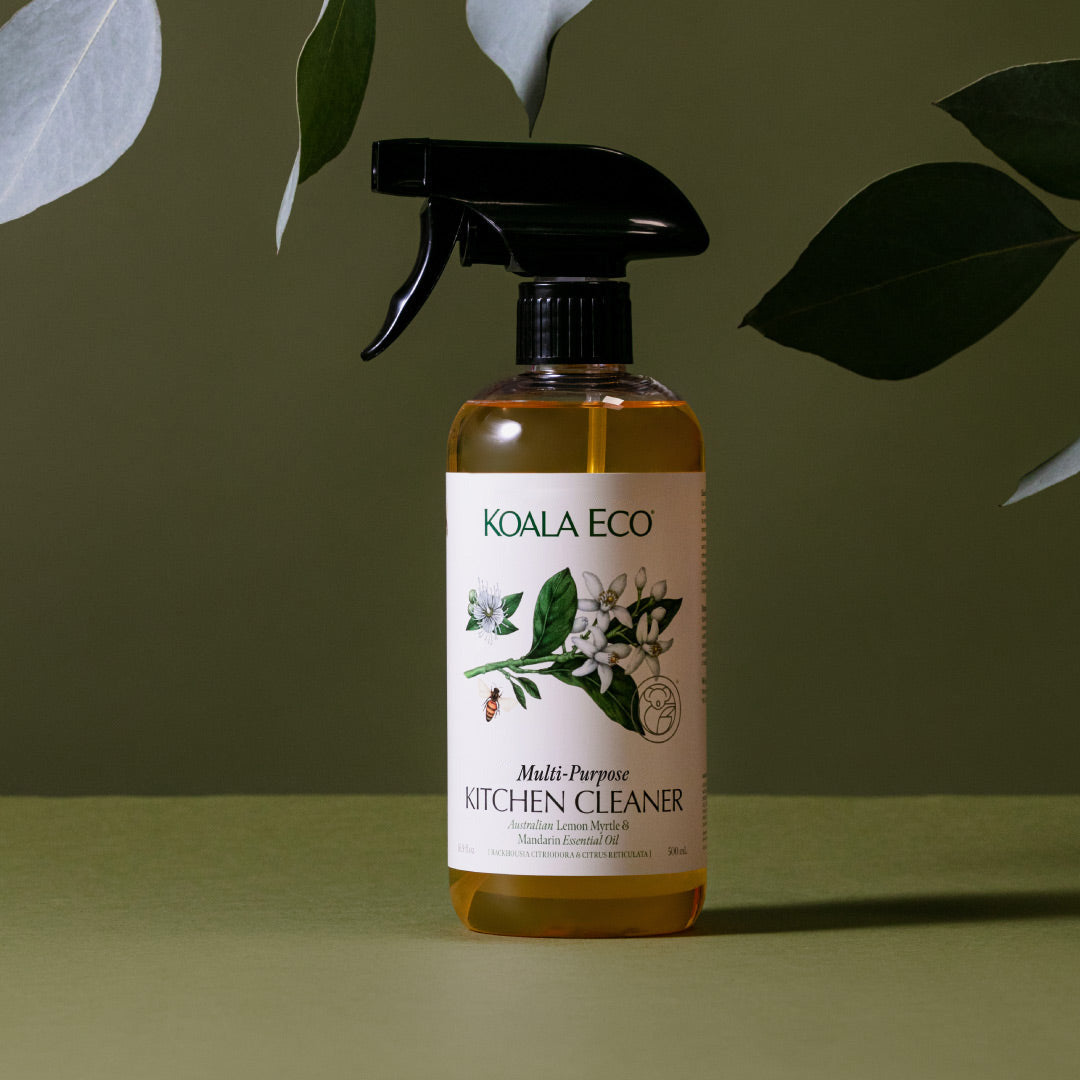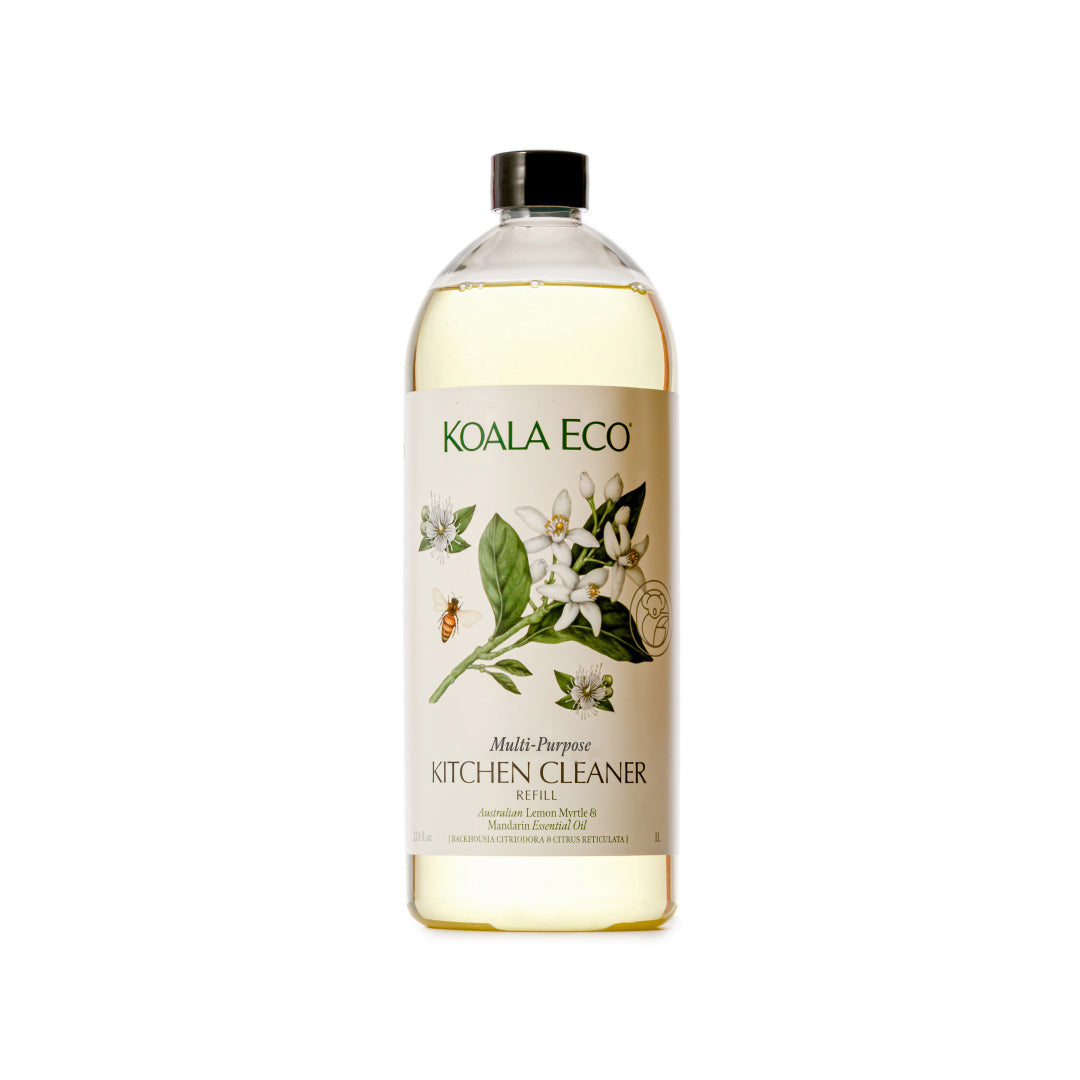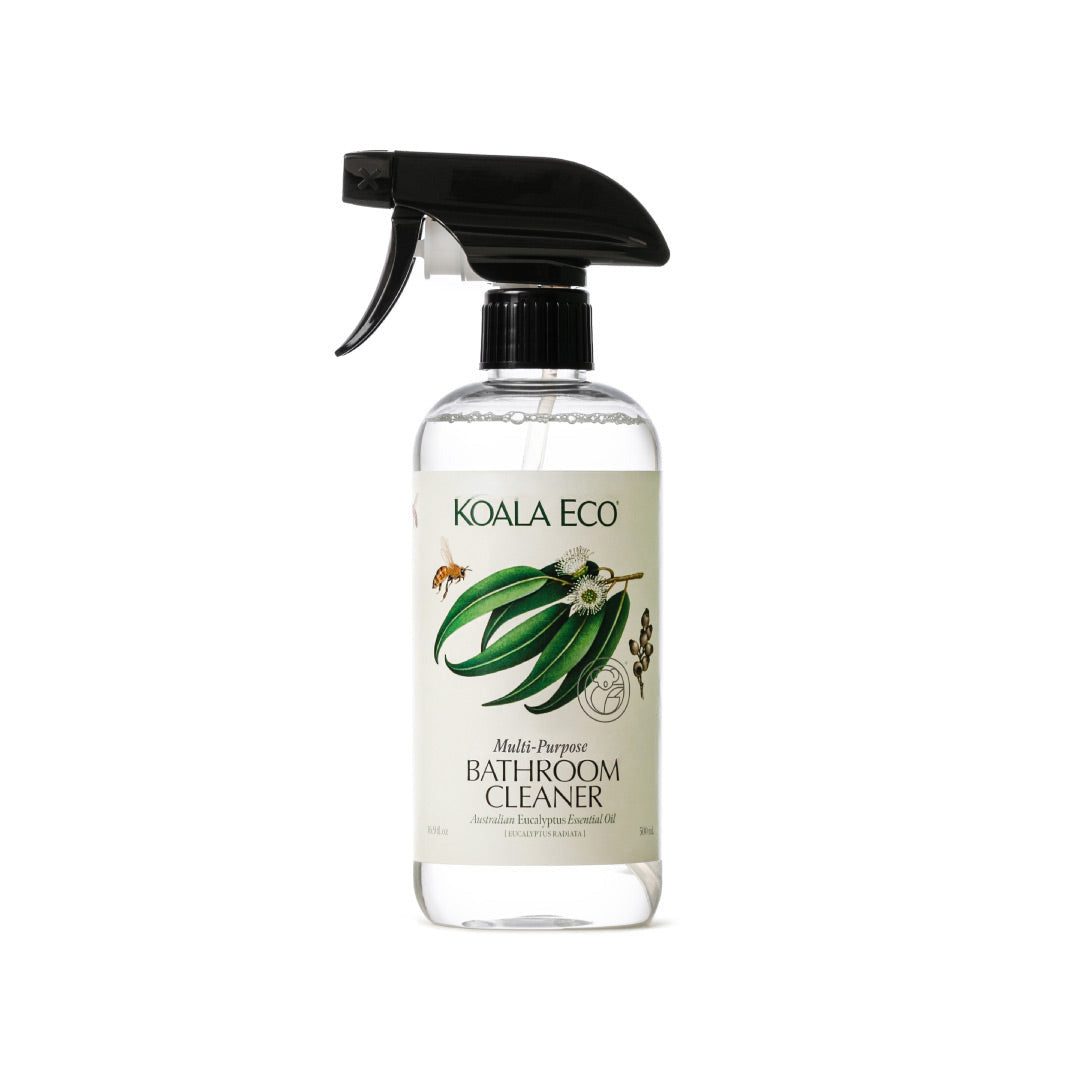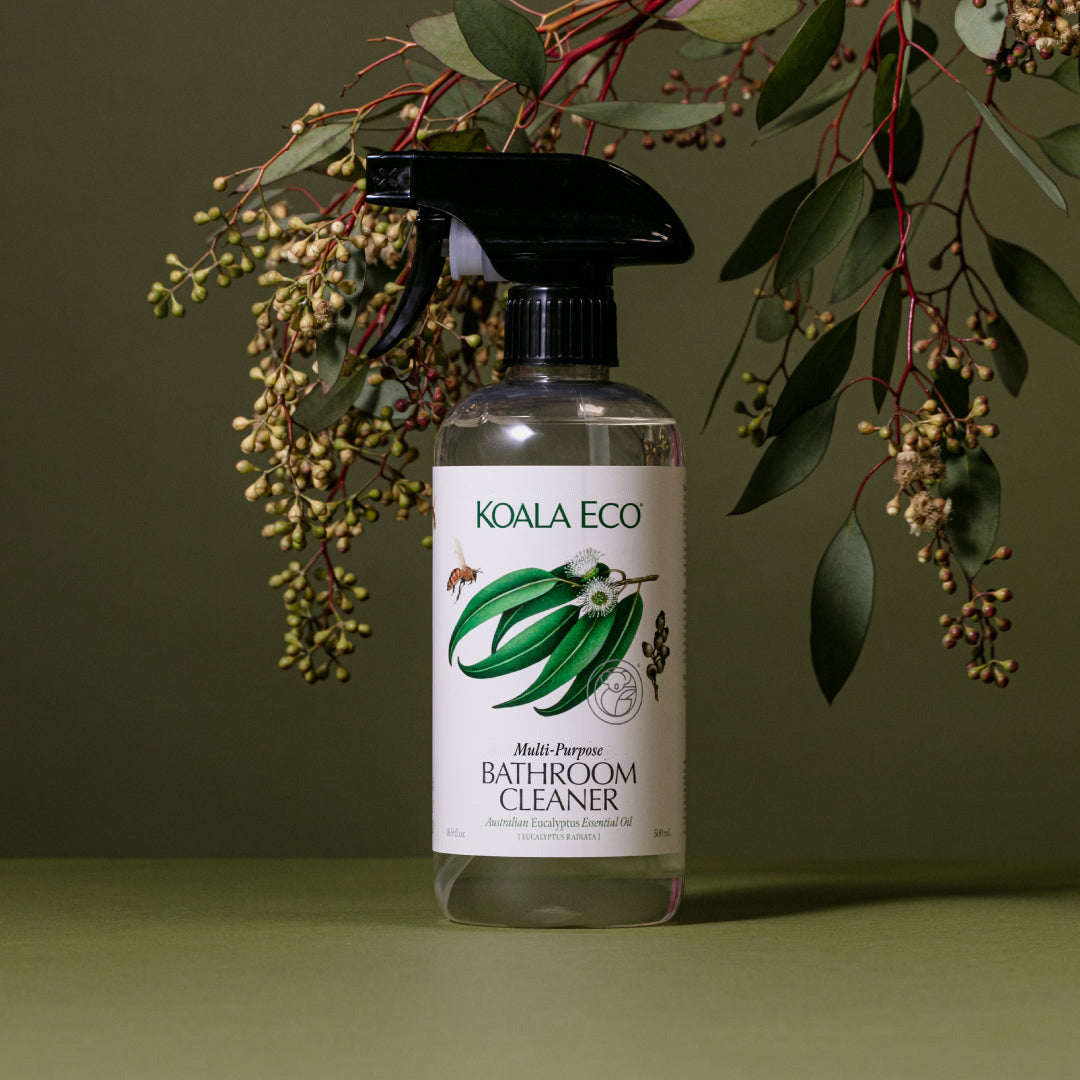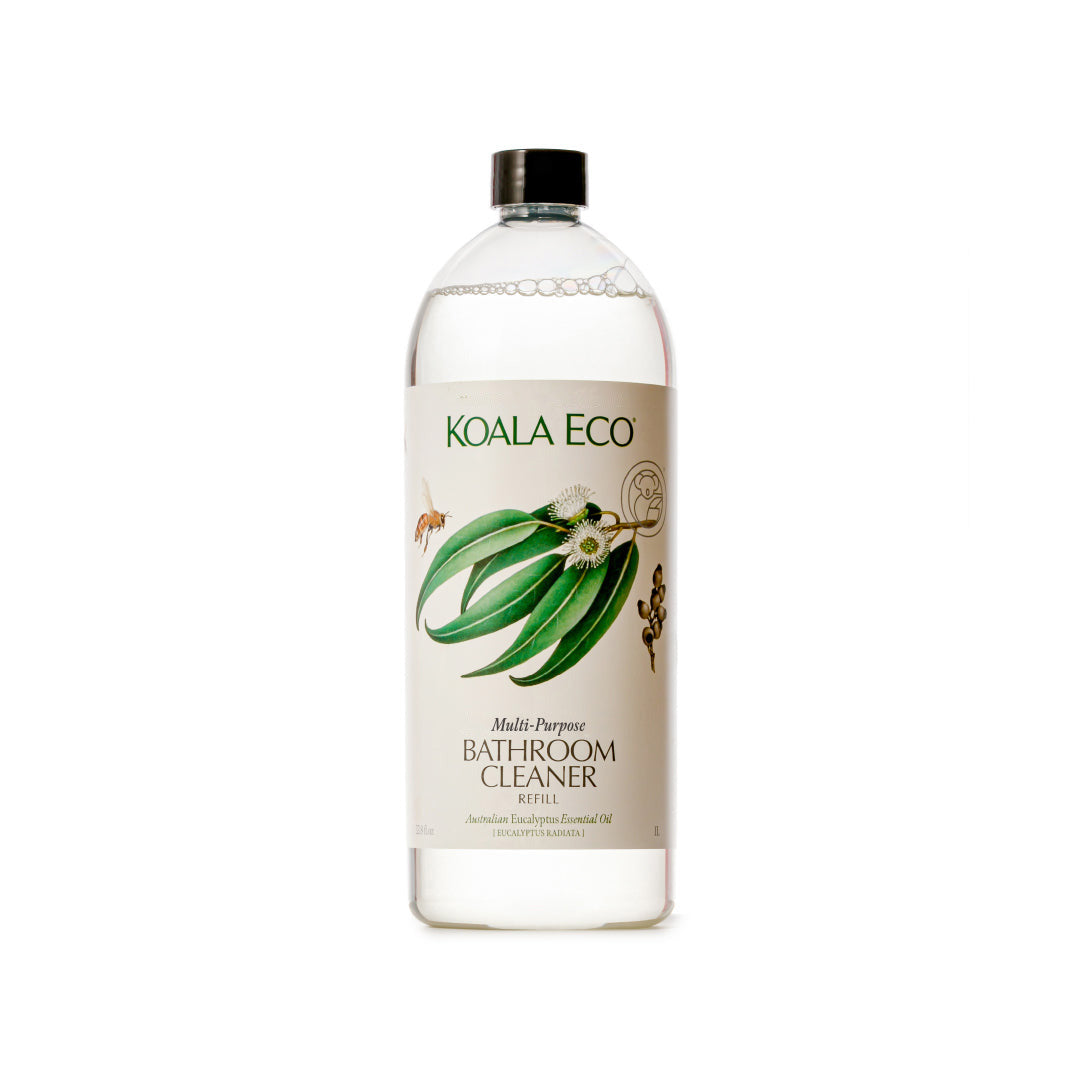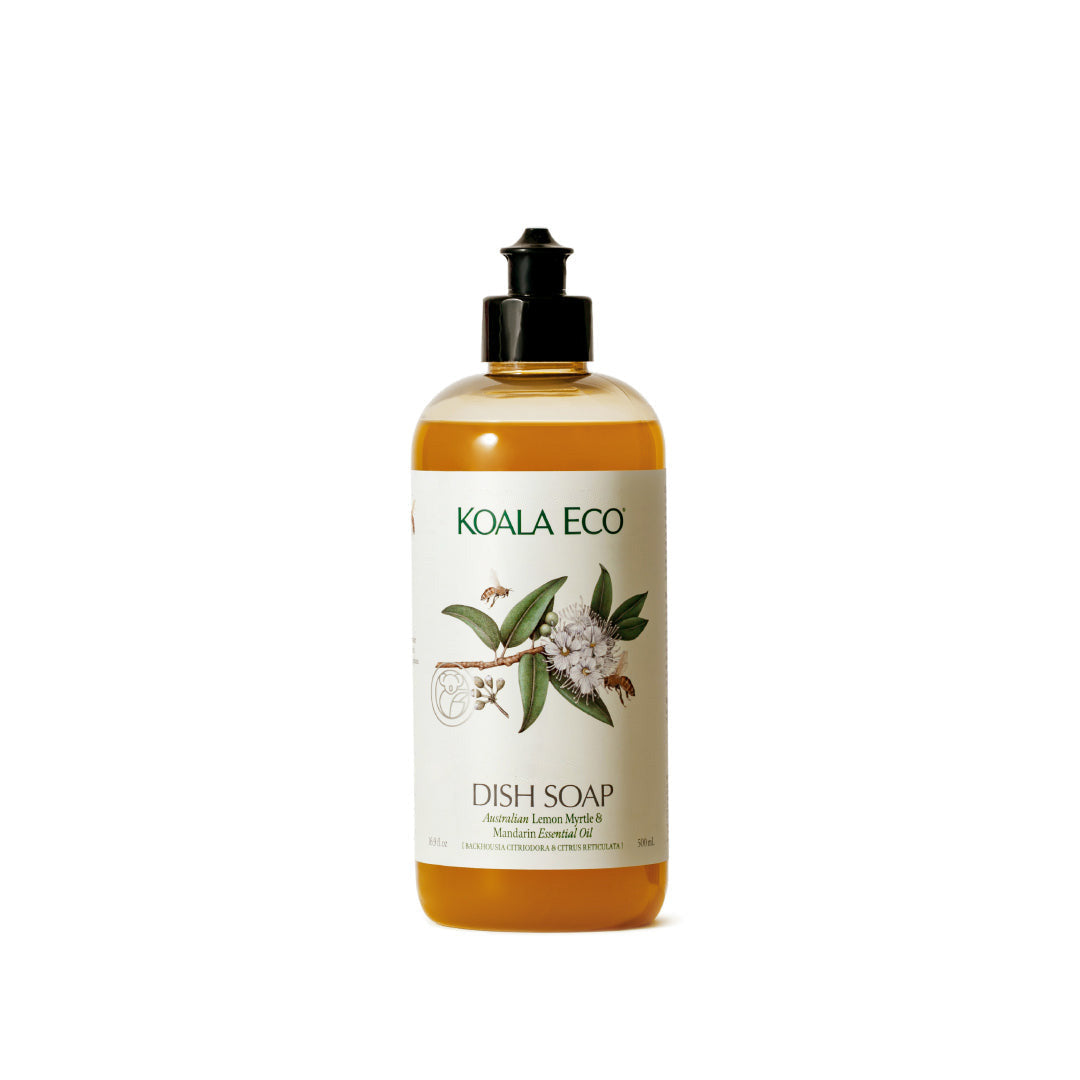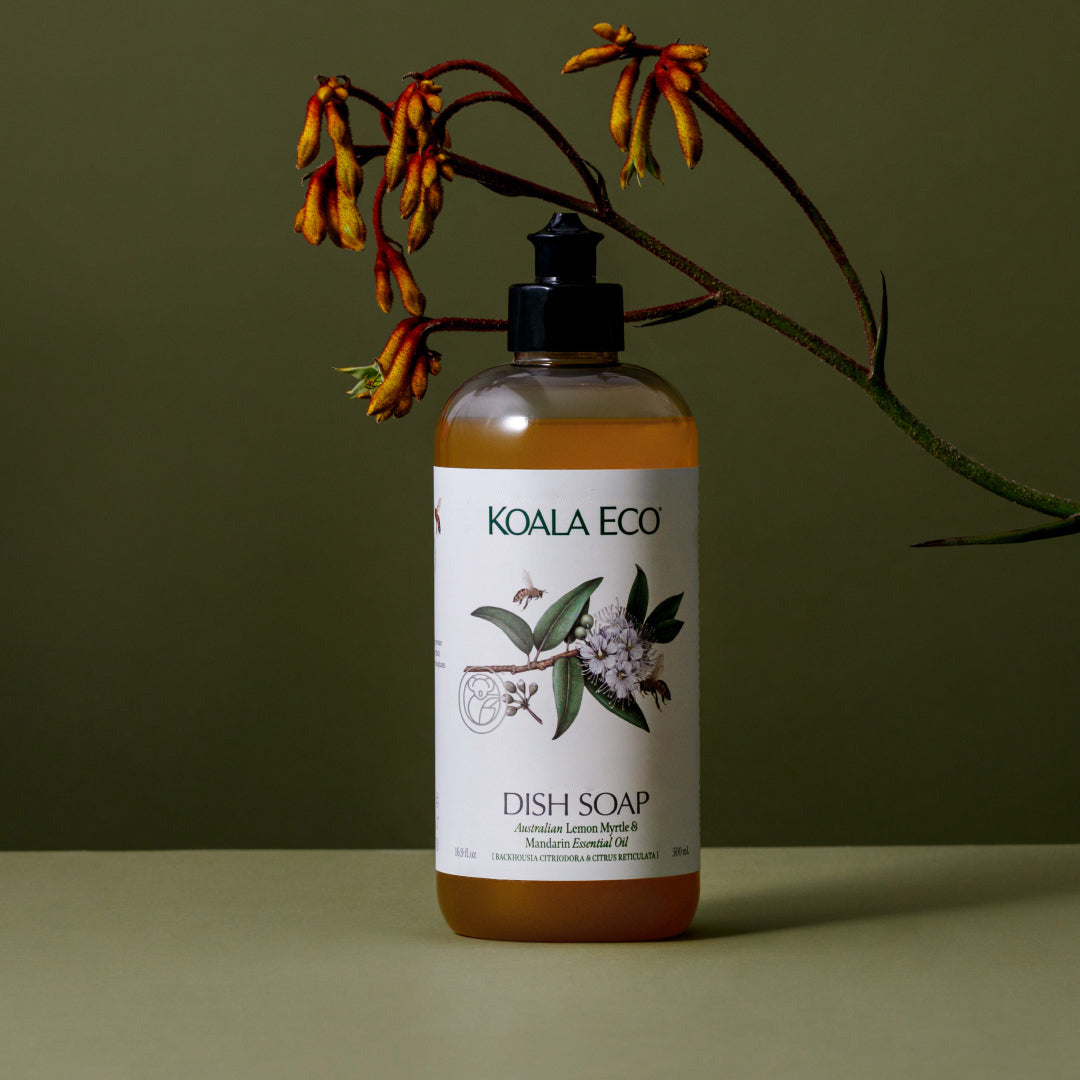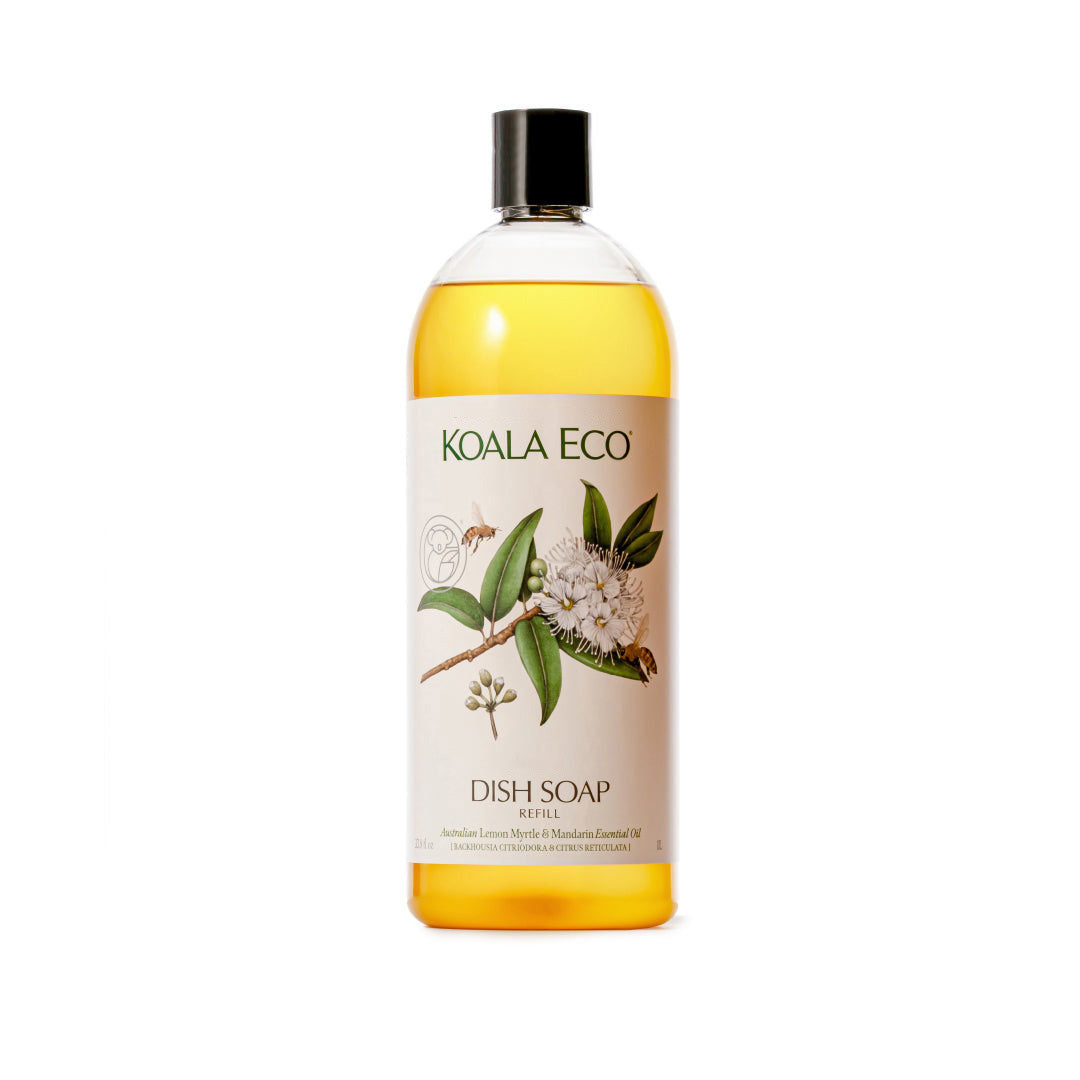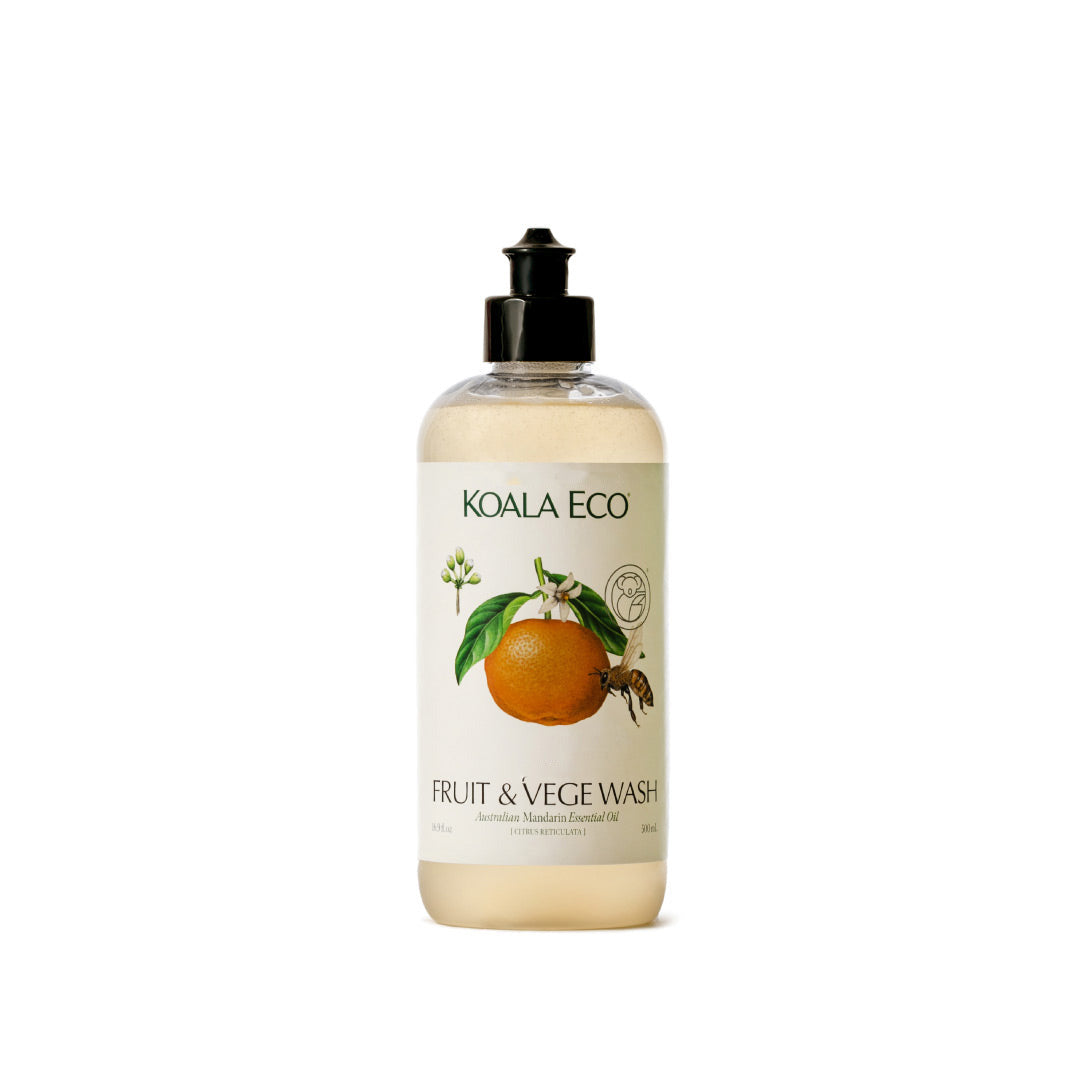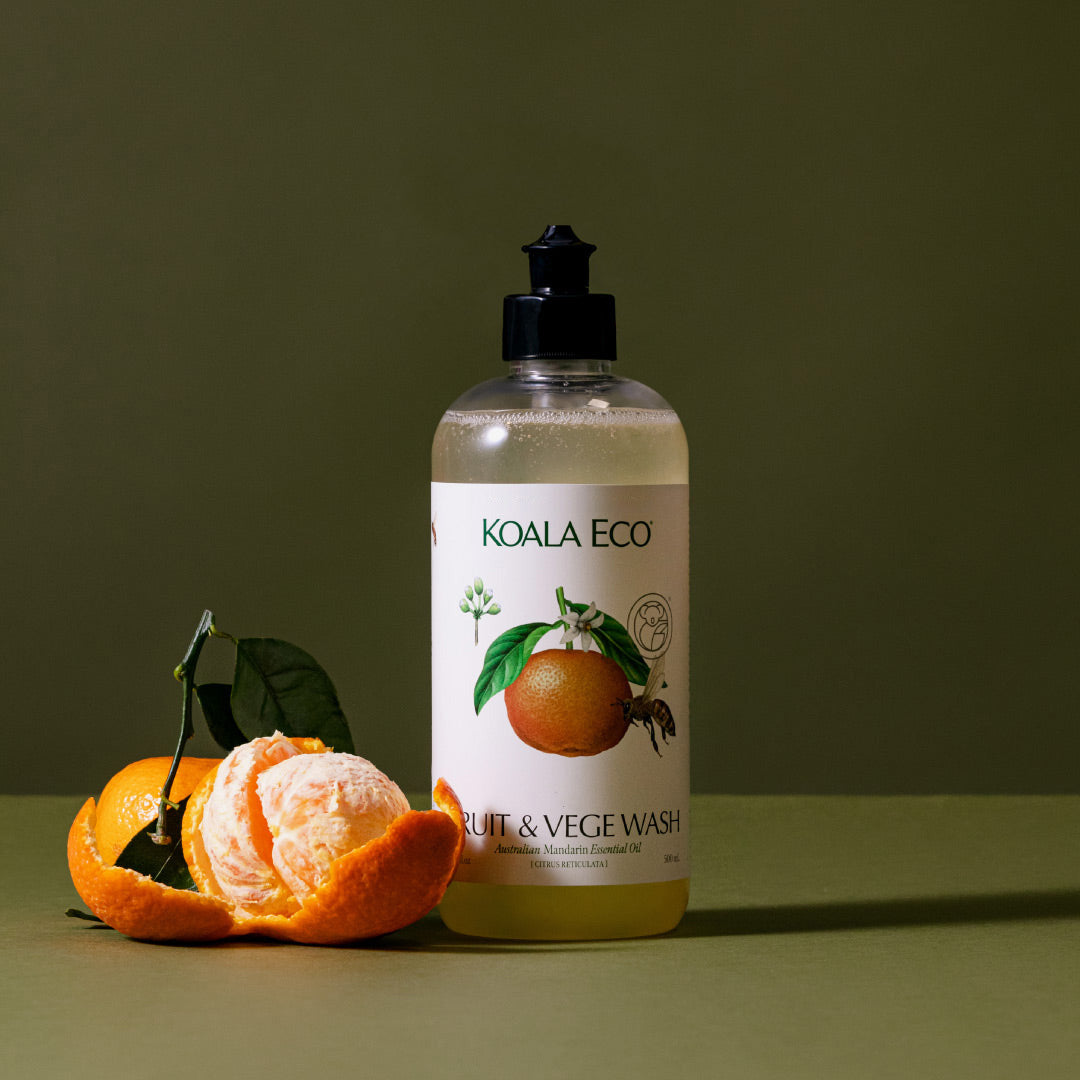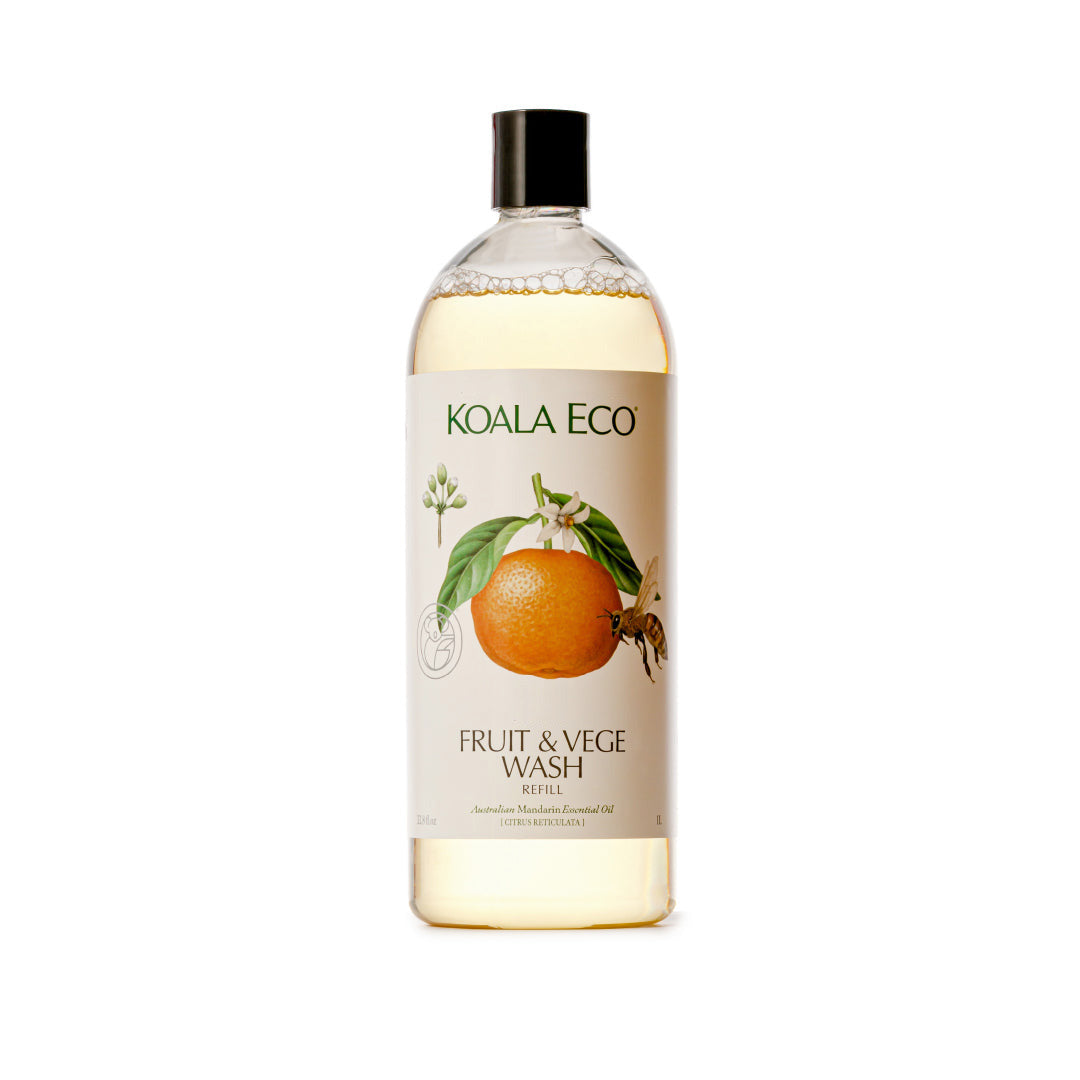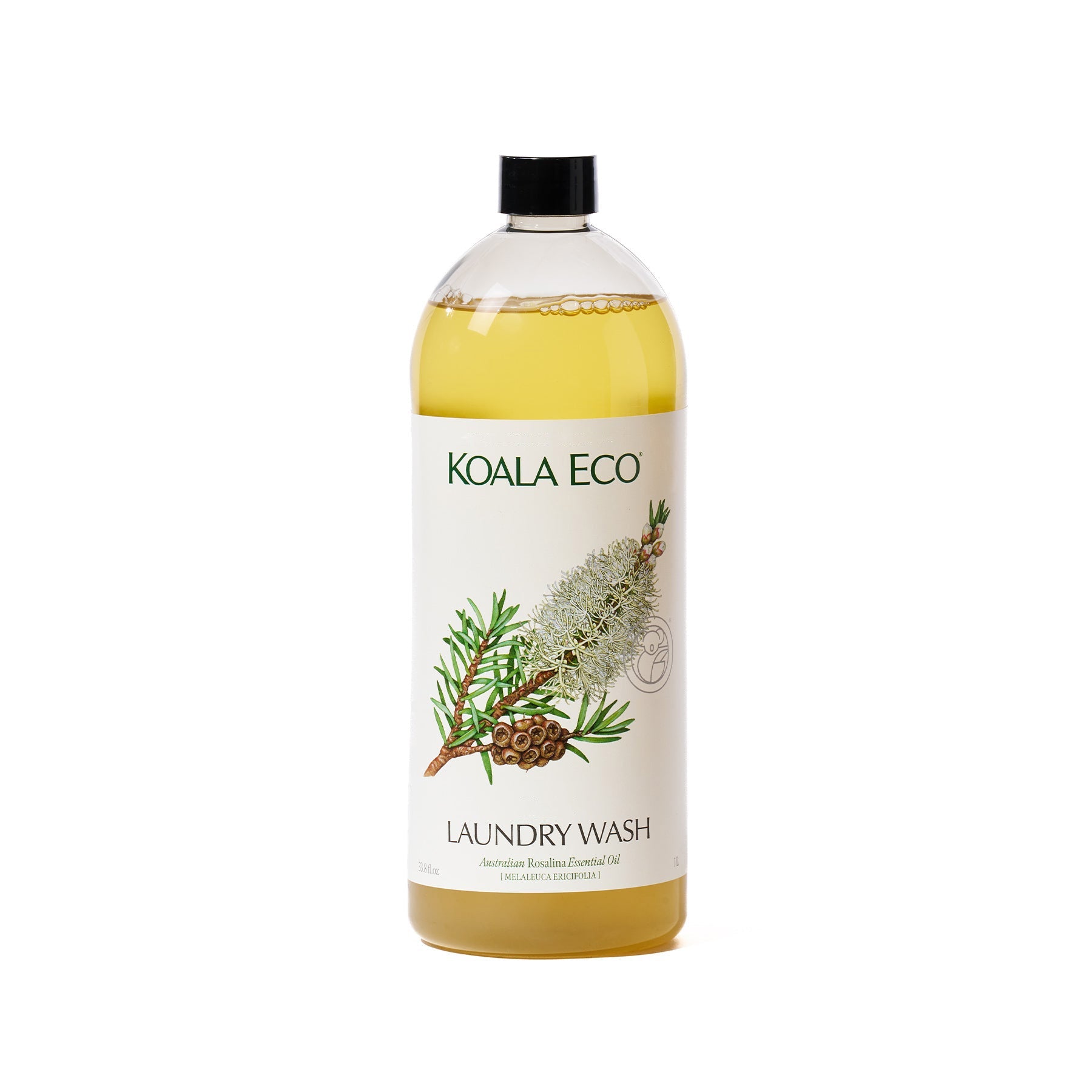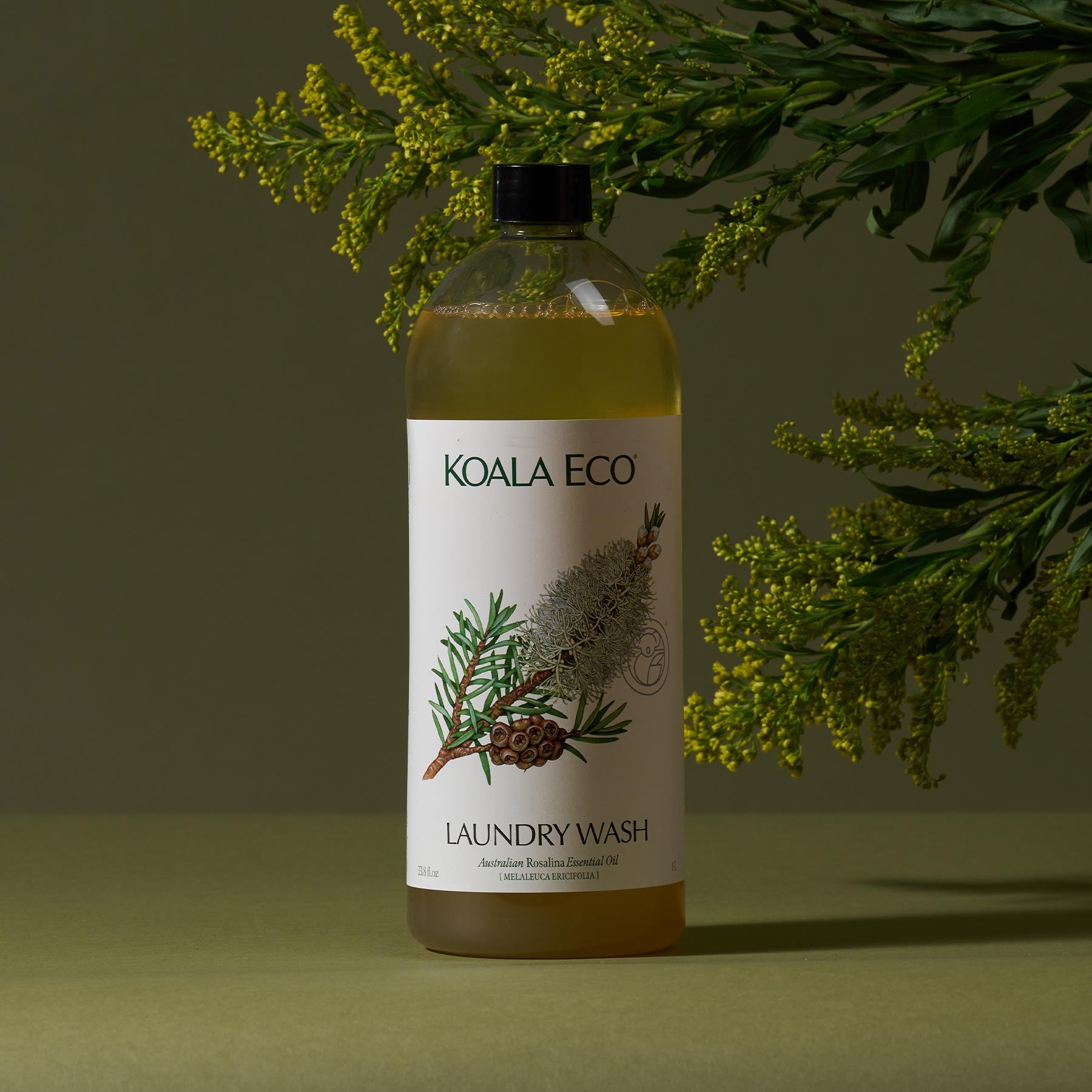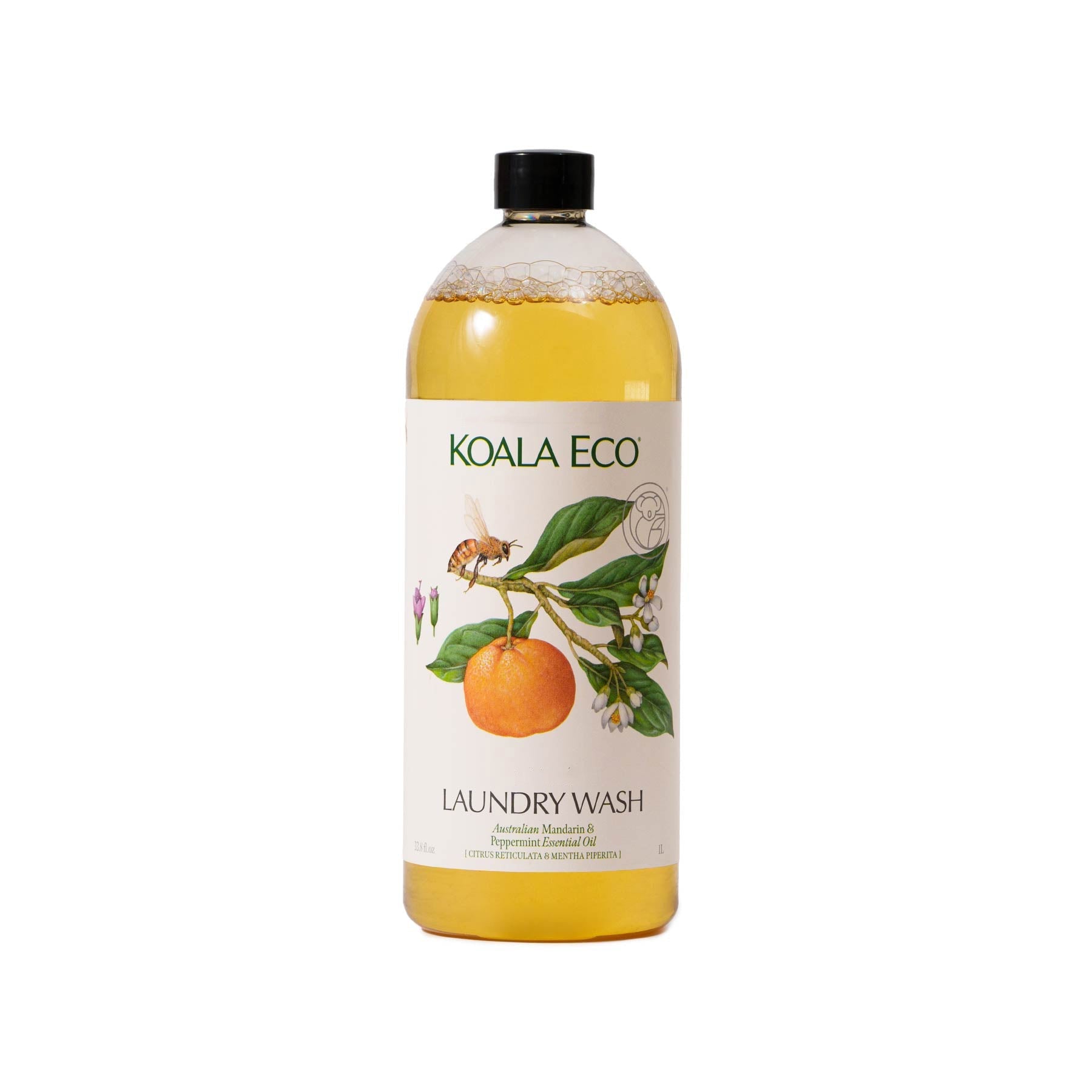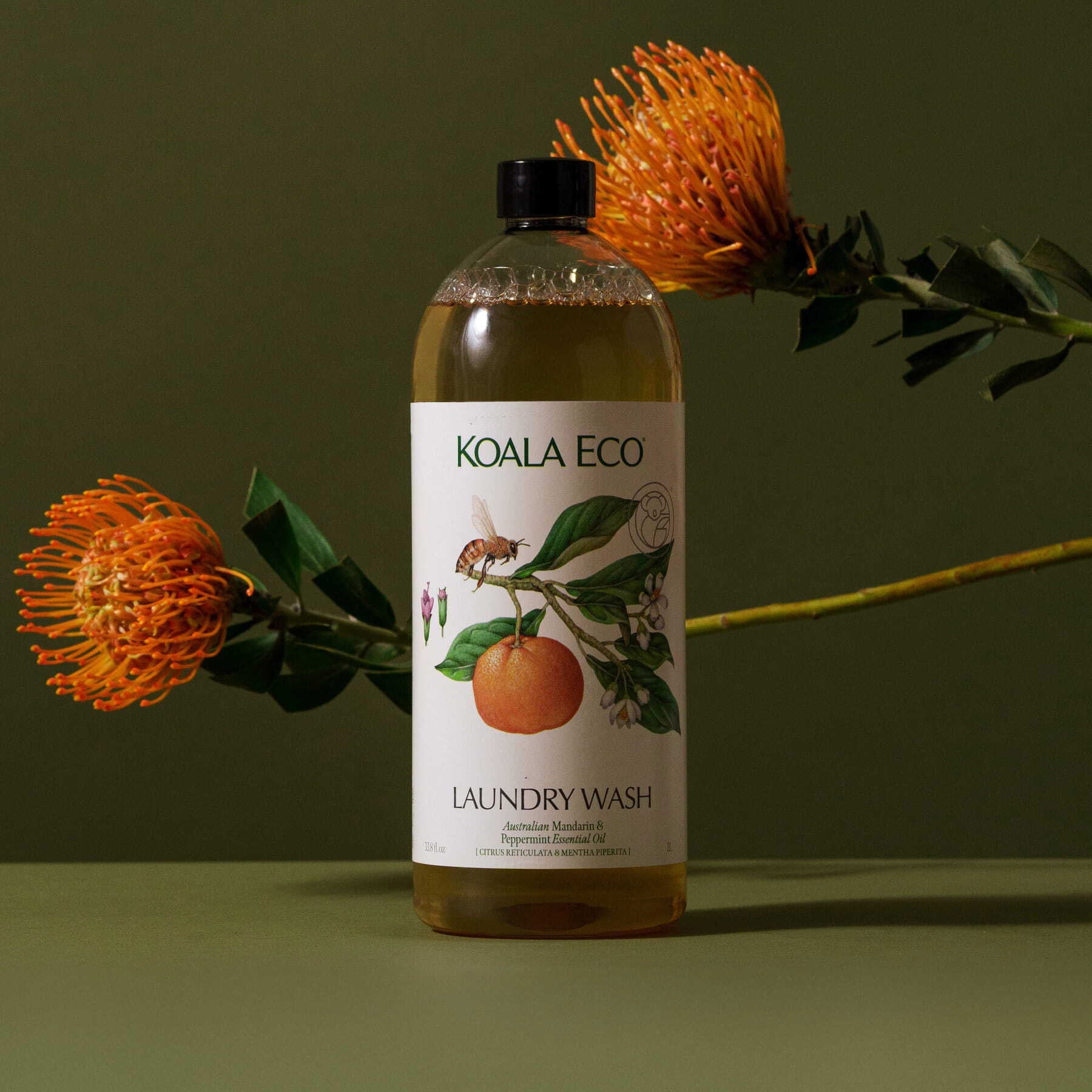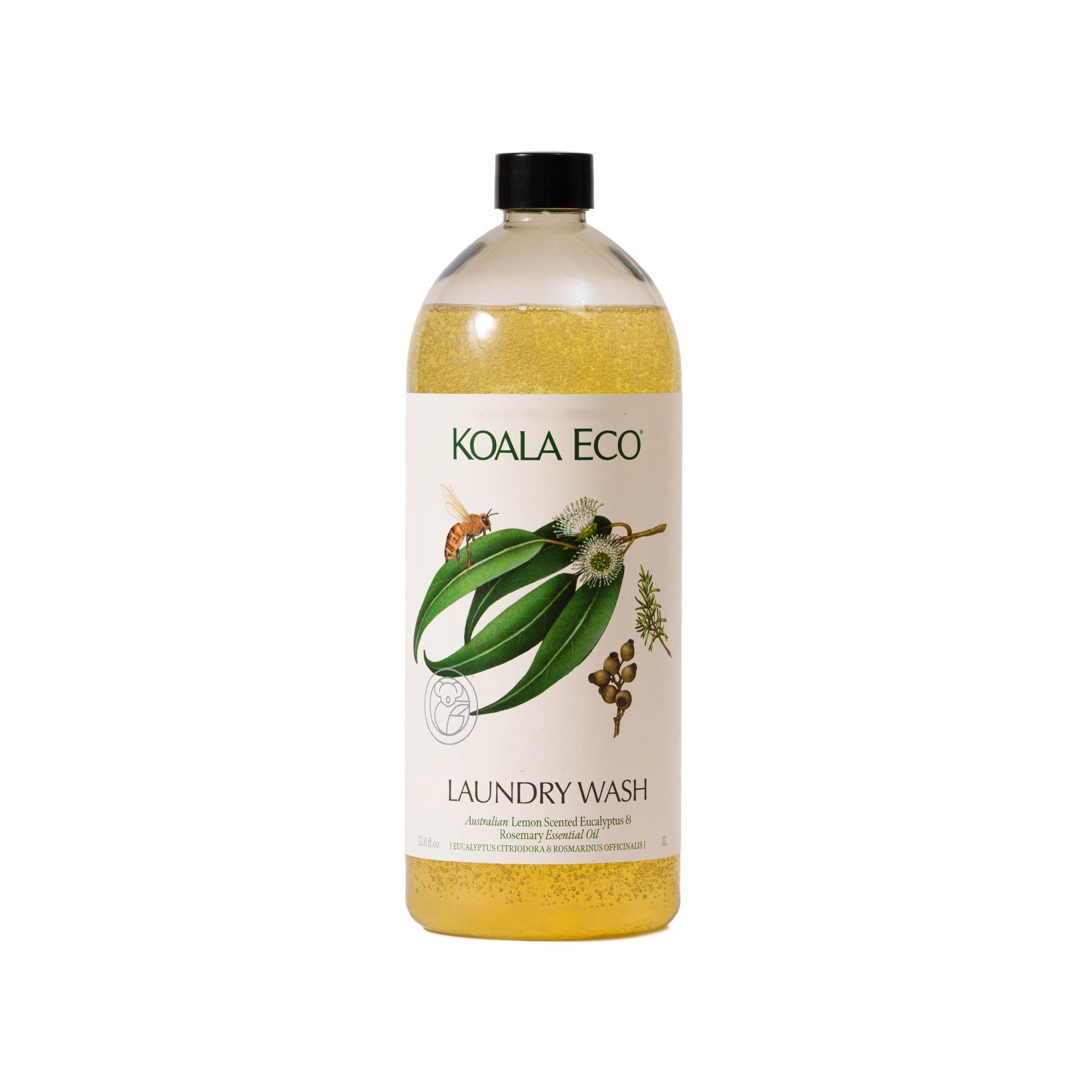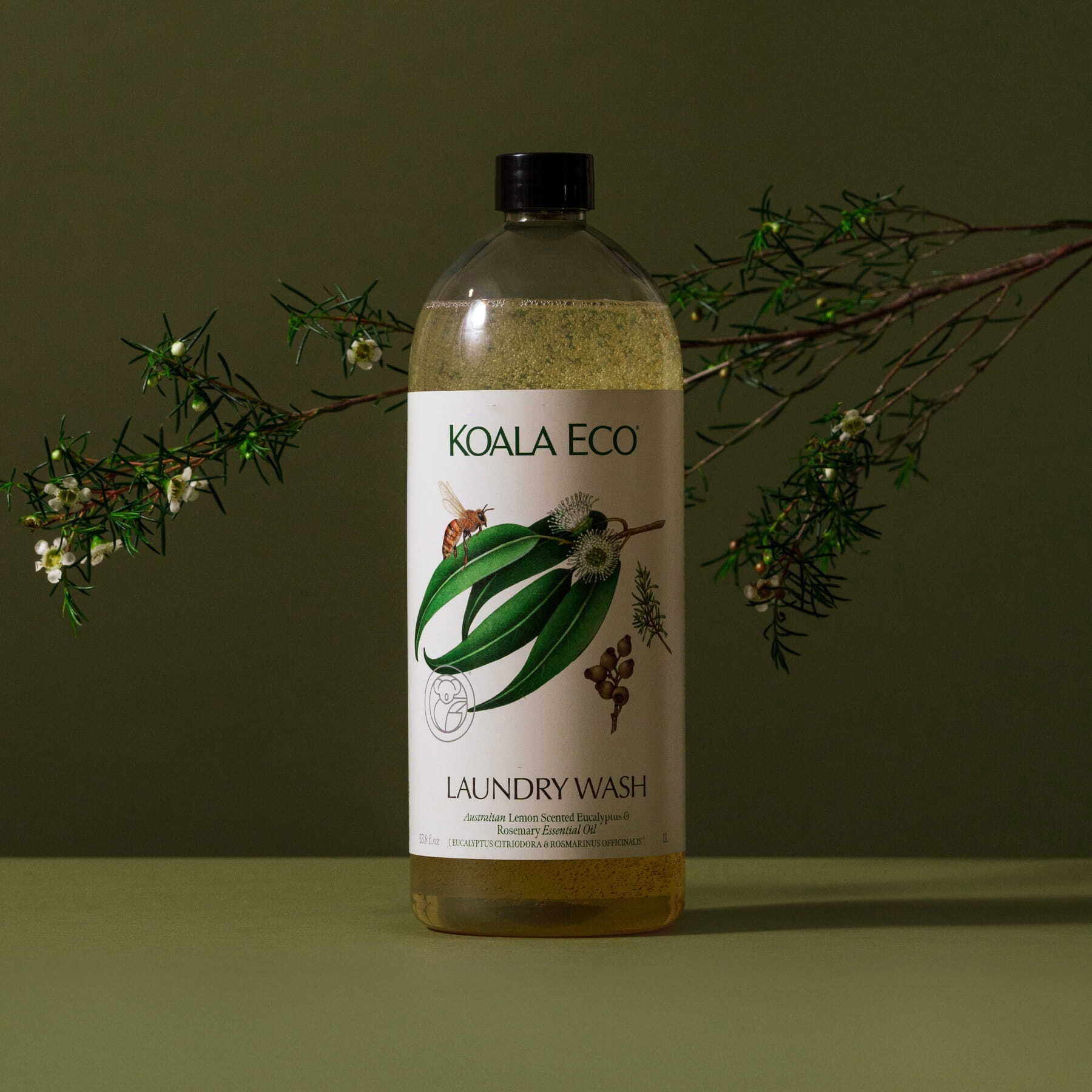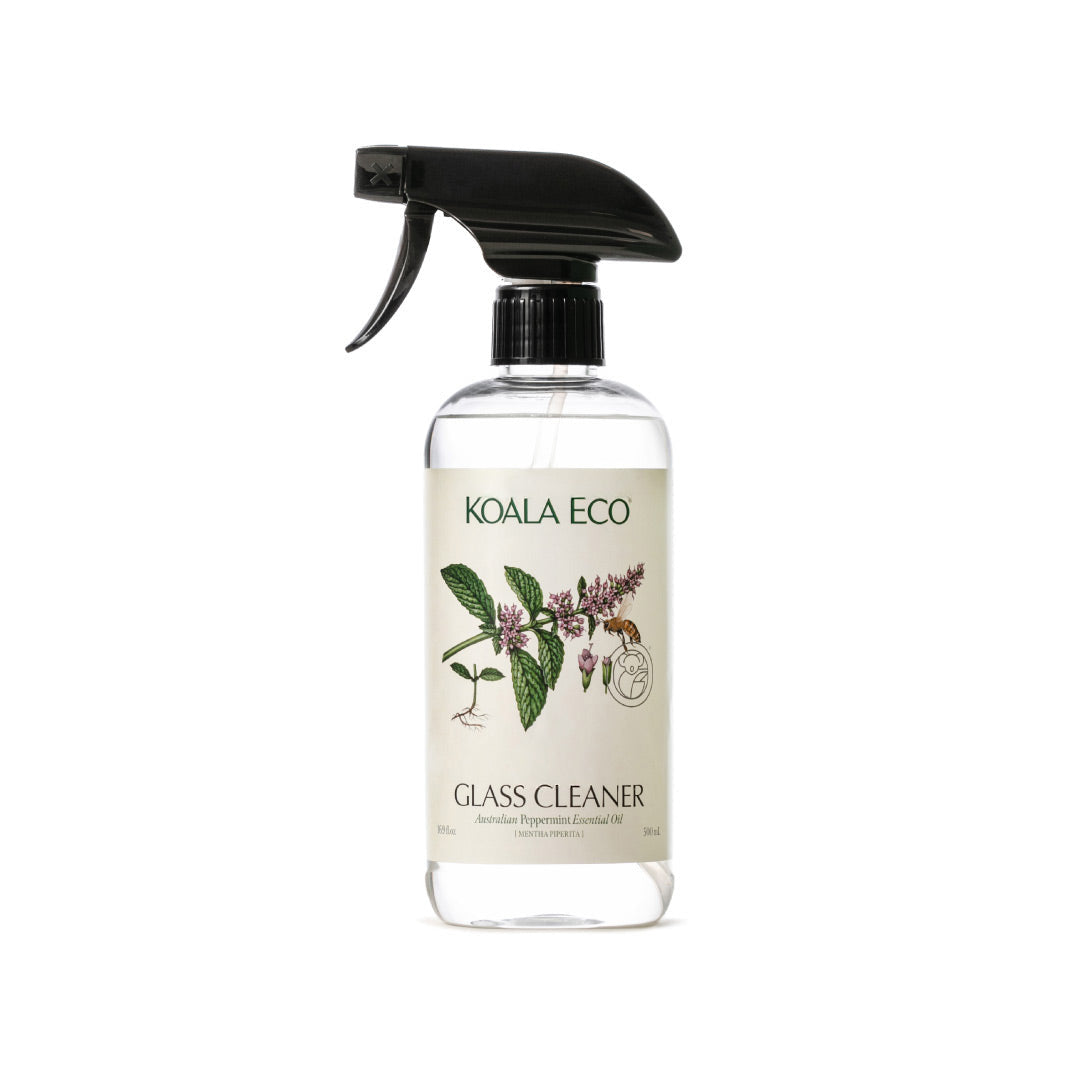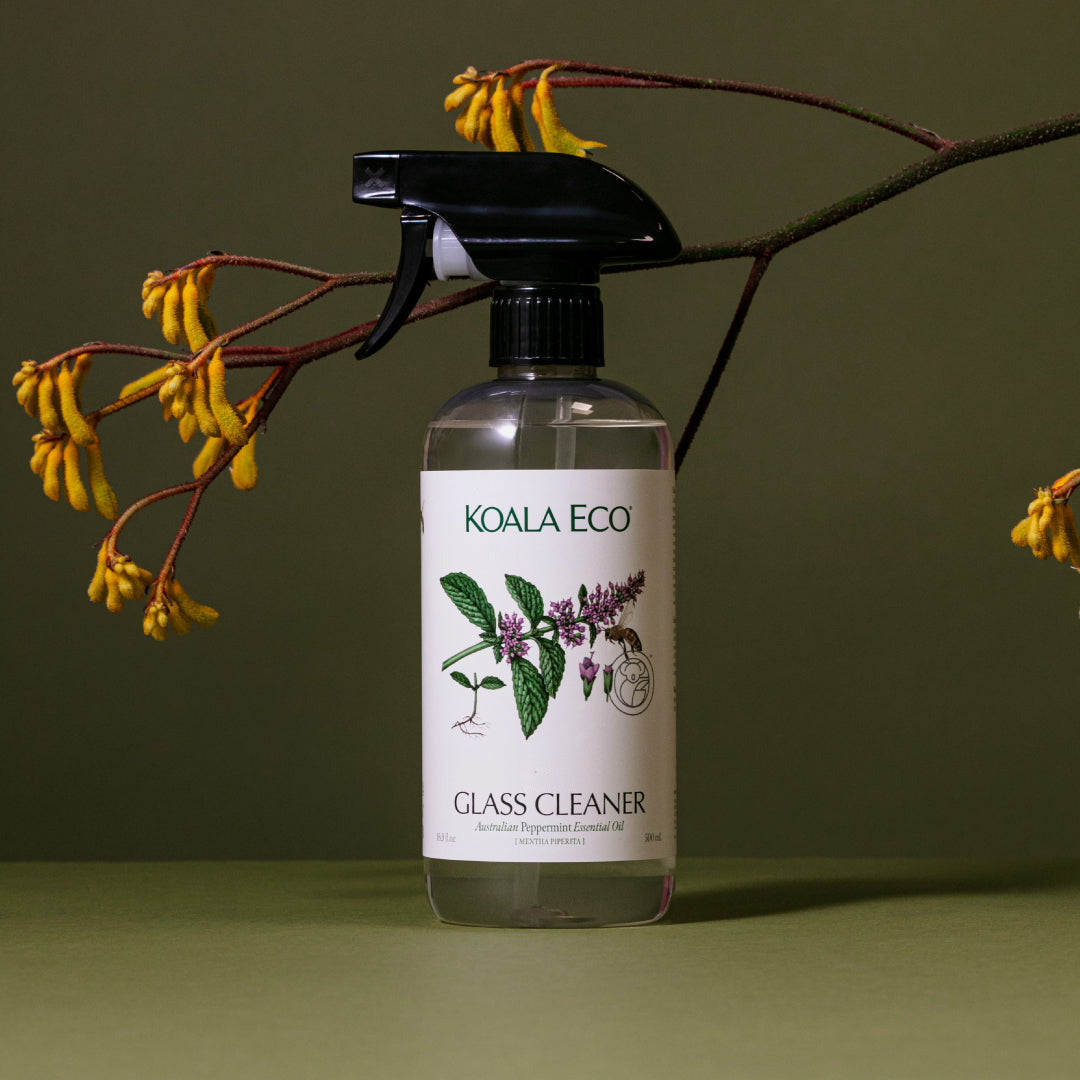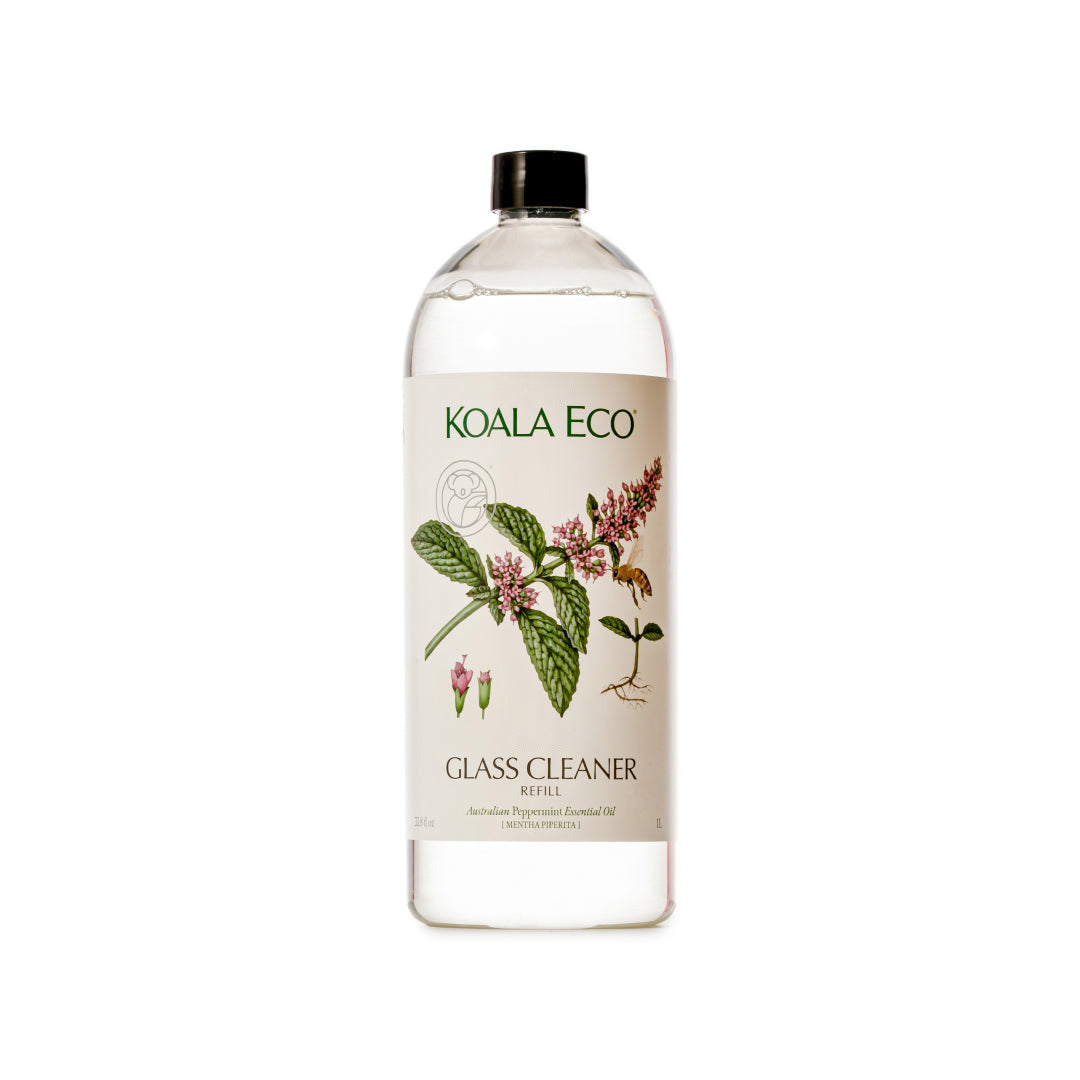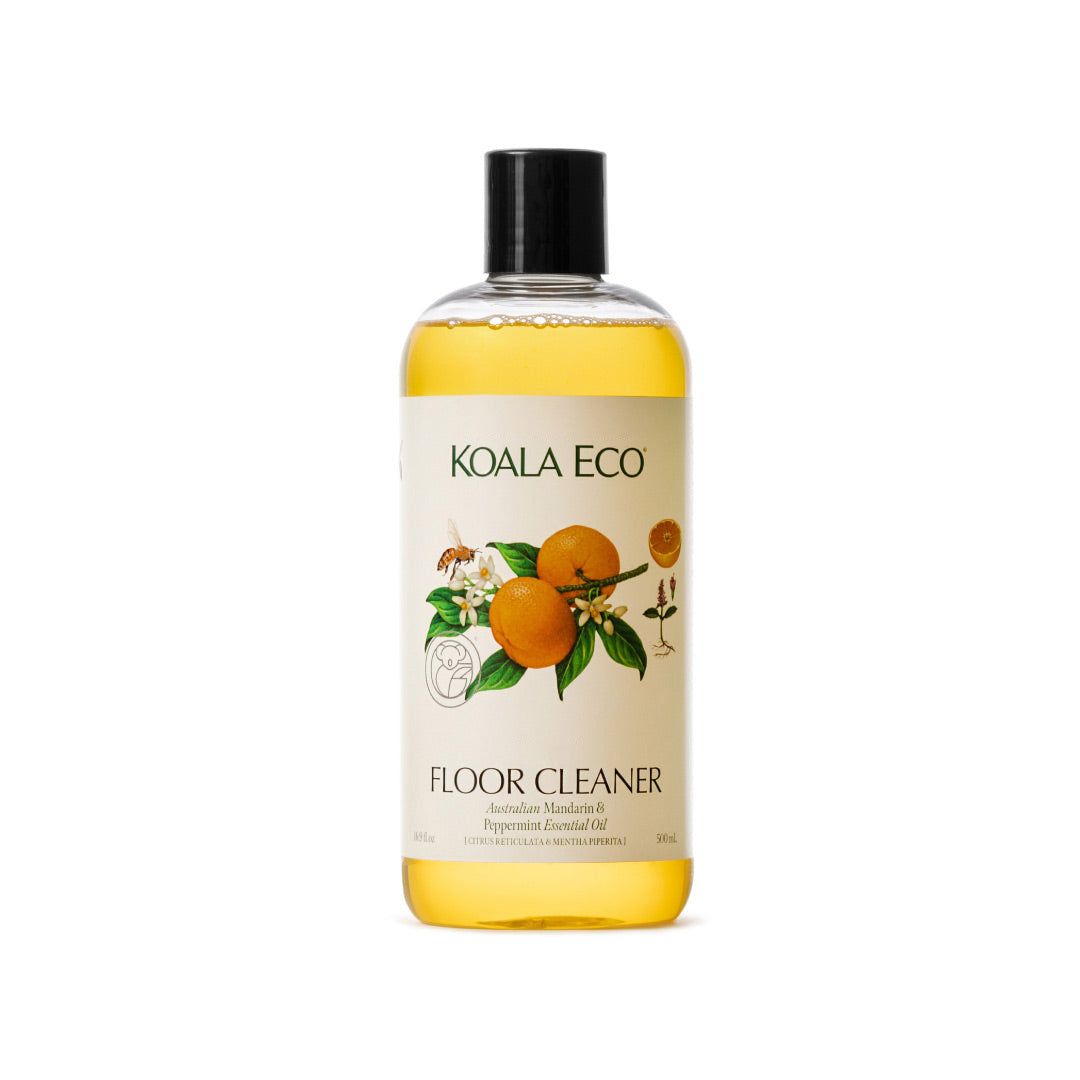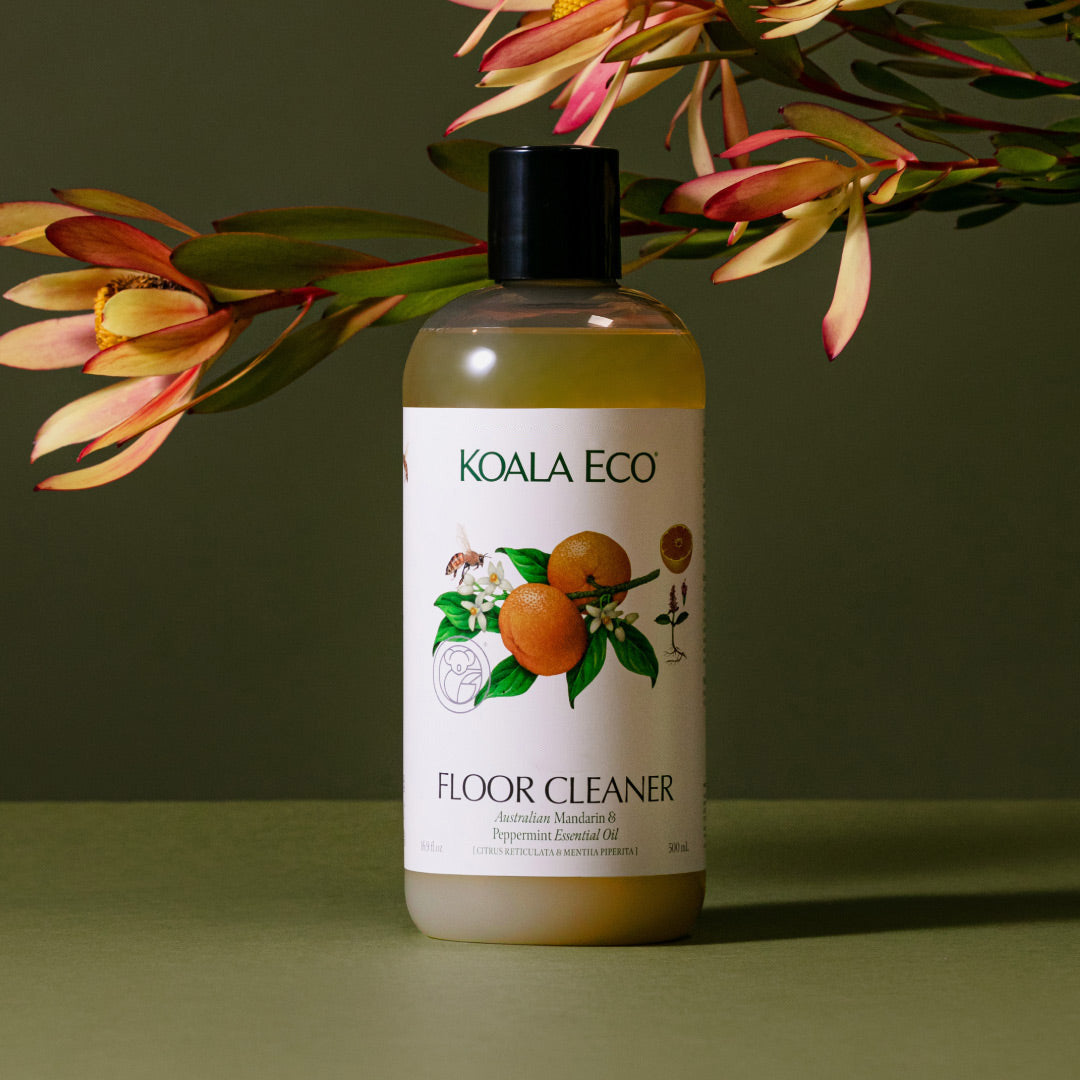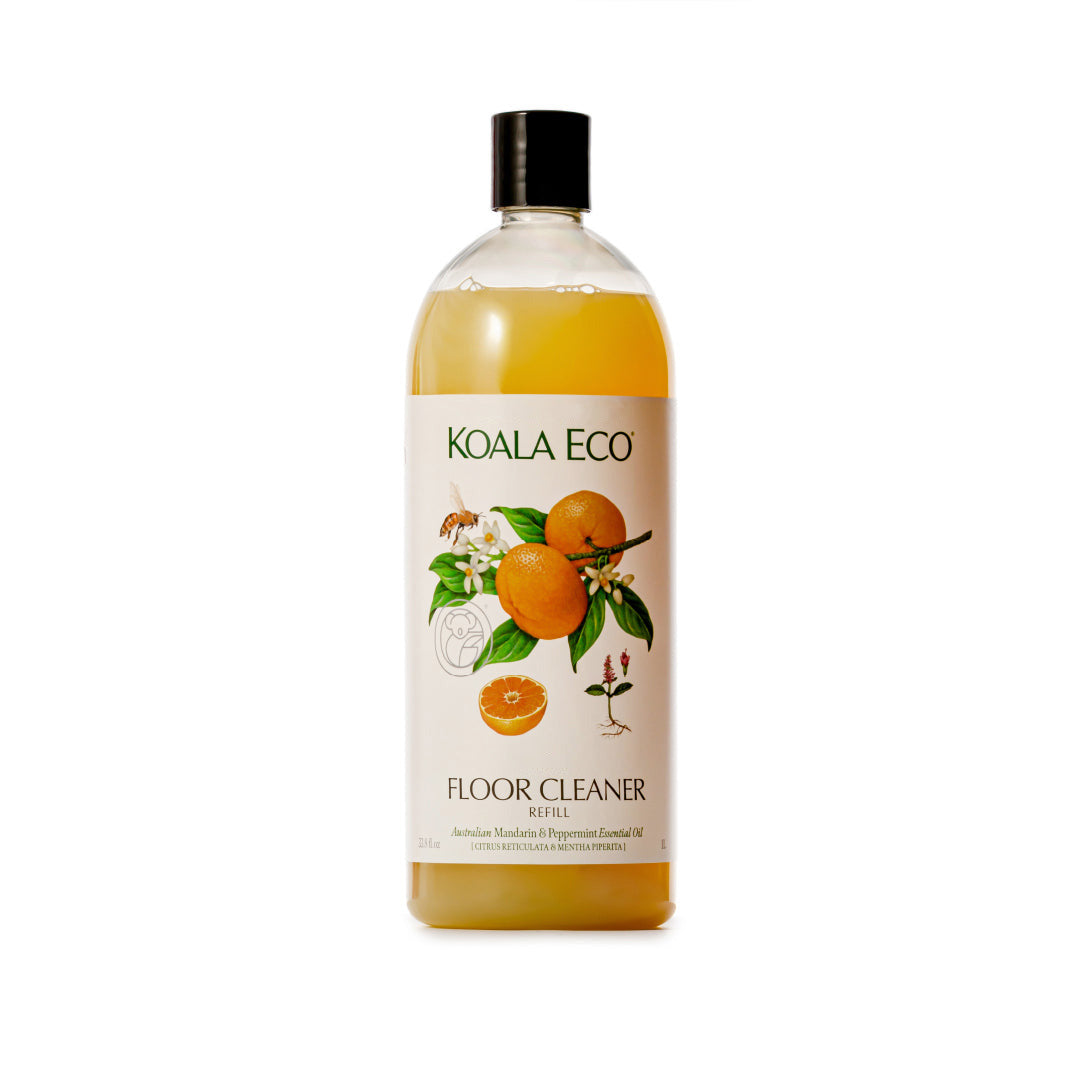By Hillary Peterson, Founder of True Botanicals
If you wanted to eliminate just one ingredient from your daily routine—the one that quietly does the most harm—I would tell you to start with synthetic fragrance.
The irony is that it’s also the ingredient the beauty industry can’t get enough of right now. According to a 2024 Circana report, fragrance is the fastest-growing category in beauty, outpacing even makeup. From prestige perfumes to drugstore body sprays, we’re smelling more of it than ever. But what “it” actually is can be hard to define. More often than not, “fragrance” on a label refers to a chemical cocktail that doesn’t have to be disclosed to the consumer, thanks to a loophole in the Federal Fair Packaging and Labeling Act of 1973 that explicitly exempts fragrance and allows companies to hide dozens of ingredients under the word. Some of those ingredients are known hormone disruptors, others have been linked to asthma and migraines, and many haven’t been tested for safety at all.
And yet, we so rarely hear about any of that. Instead, we’re offered fragrance as fantasy. We romanticize Marilyn Monroe famously claiming she wore nothing to bed but Chanel No. 5. It’s always talked about as if what’s inside the bottle couldn’t possibly harm us.
But science is telling a very different story. A 2023 study followed 41 women who cut out products with fragrance and parabens for just 28 days. Within just a month, levels of potentially harmful chemicals dropped. Their urine showed fewer phthalates; their breast tissue revealed decreased expression of genes associated with cancer. Four weeks without synthetic fragrance, and the body began to clear these chemicals. The cellular environment actually shifted toward a healthier state. This isn’t woo-woo wellness advice; this is peer-reviewed science.
What’s more disturbing is the fact that these compounds don’t just disappear once the scent wears off—they accumulate in the body over time. A study by the Environmental Working Group even found synthetic musks like Galaxolide and Tonalide in the cord blood of newborn babies.
The tricky thing is that it’s not as simple as forgoing your morning perfume spritz as you head out the door. Artificial fragrance is in your shampoos, soaps, laundry detergents, moisturizers, lip glosses… it’s pumping out of vents in almost every clothing store you walk into. You’re constantly exposed to it.
And if you love perfume, I understand. I wore Poison by Yves Saint Laurent for many years. (What a sign, right?) I was drawn to the ritual of it, the beauty of the bottles on my dresser, the idea that fragrance could become part of your identity. Scent and memory are powerfully intertwined—letting go of that isn’t always easy.
But once you make the effort to step away from synthetic fragrance in your personal life, your nose recalibrates. You start to notice how harsh and overwhelming it is, and by contrast, the scents of nature—essential oils, real botanicals, wild plants—feel subtle, therapeutic, and so much more beautiful.
For me, it’s gotten to the point where even stepping into an Uber can trigger nausea or a headache. I’ve had that experience more times than I can count—the little pine tree dangling from the mirror, flooding the car with synthetic scent. I can’t help myself—I always end up talking to the driver about why it’s harmful. And I explain that while I will only be in their car for the ride, they will be exposed to the synthetic fragrance all day, which is not good! One driver actually pulled over at a stop sign, took the tree down, threw it in a trash can, and got back in the car. It was so rewarding and reminded me that we have to talk about this, because the companies making billions off fragrance sales sure won’t.
If everyone knew what toxicologists know about synthetic fragrance, it wouldn’t be the fastest-growing category in beauty. The more we learn, the more impossible it becomes to ignore the fact that what we breathe in and put on our skin every day becomes part of us. The effects—cancer, infertility, chronic illness—may not be immediate, but they’re very real. My hope is that the beauty industry catches up.
If I can inspire you to start anywhere, let it be with the labels on the products you use every day. Look closely and avoid any products with the word “fragrance” in the ingredient listing. Swap one thing, then another. And tell your Uber driver what you know—it just might spark a ripple effect.

![The Sunday Reset - Inspired by Rosemary [Rosmarinus officinalis]](http://usa-koala-eco.myshopify.com/cdn/shop/articles/KoalaEco-2025-Sunday_Reset-Rosemary-Journal_Banner.jpg?v=1767954475&width=2000)





